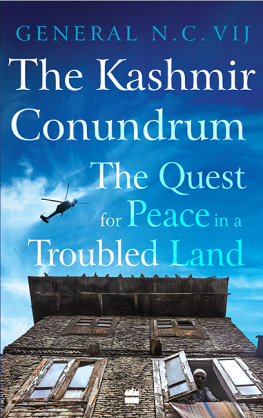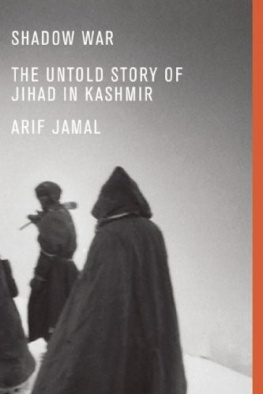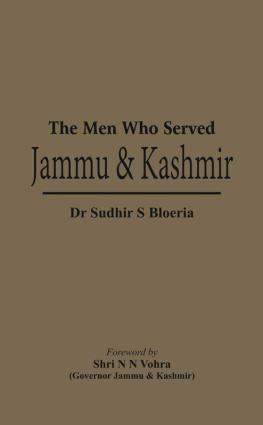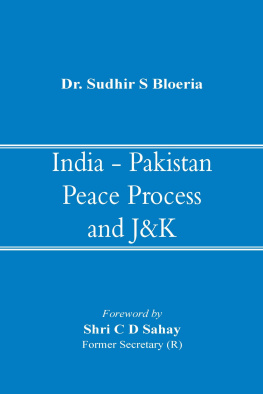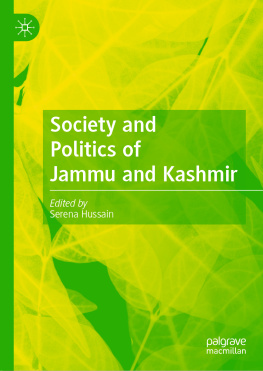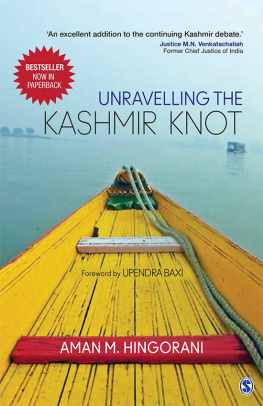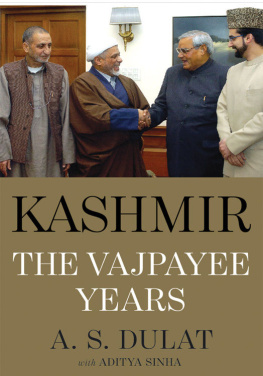Table of Contents
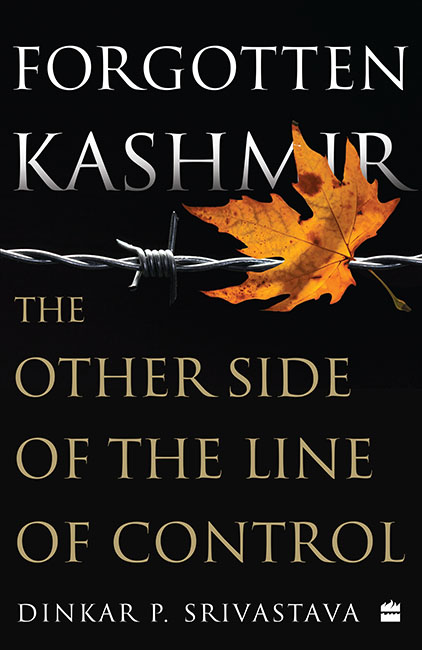

In Memory of My Mother
Contents
ADB Asian Development Bank
AJK Azad Jammu and Kashmir
AK Azad Kashmir
APNA All Parties National Alliance
BE Budget Estimate
BRI Belt and Road Initiative
CAR Central Asian Republics
CCI Council of Common Interests
CFTA ChinaPakistan Free Trade Agreement
CPEC ChinaPakistan Economic Corridor
DGMO Director General of Military Operations
EU European Union
FCRA Frontier Crimes Regulation Act
FDI Foreign Direct Investment
FTA Free Trade Agreement
FY Financial Year
GB GilgitBaltistan
HDI Human Development Index
HRCP Human Rights Commission of Pakistan
HRW Human Rights Watch
HuA Harkat-ul-Ansar
HuM Hizb-ul-Mujahideen
ICCPR International Covenant on Civil and Political Rights
ICG International Crisis Group
ICS Indian Civil Service
IJI Ittihad Jamhoori-e-Islami
IMF International Monetary Fund
INA Indian National Army
ISI Inter Services Intelligence
ISIS Islamic State of Iraq and Syria
J&K Jammu and Kashmir
JeM Jaish-e-Mohammad
JeI Jamaat-e-Islami
JKLF Jammu and Kashmir Liberation Front
JKPP Jammu and Kashmir Peoples Party
JUI (F) Jamiat Ulema-e-Islam Fazl
KKH Karakoram Highway
KLM Kashmir Liberation Movement
LeT Lashkar-e-Taiba
LoC Line of Control
MAF Million Acre Feet
MBE Member of the Order of the British Empire
MC Muslim Conference
MDI Markaz ud-Dawa wal-Irshad
MKA Ministry of Kashmir Affairs
MMA Muttahida Majlis-i-Amal
MoU Memorandum of Understanding
MQM Muttahida Qaumi Movement
NEPRA National Electric Power Regulatory Authority
NHP Net Hydel Profit
NWFP North West Frontier Province
PMA Pakistan Military Academy
PML (N) Pakistan Muslim League (Nawaz)
PML (Q) Pakistan Muslim League (Quaid-e-Azam Group)
POL Petroleum, Oil, Lubricant
POW Prisoner of War
PoK Pakistan-occupied Kashmir
PPA Power Purchase Agreement
PPPAK Pakistan Peoples Party Azad Kashmir
PPP Pakistan Peoples Party
PTI Pakistan Tehreek-e-Insaf
SAARC South Asian Association for Regional Cooperation
SSP Sipah-e-Sahaba Pakistan
TLP Tehreek-e-Labbaik-e-Pakistan
TTP Tehreek-e-Taliban Pakistan
UAE United Arab Emirates
UN United Nations
UNCIP United Nations Commission for India and Pakistan
UNDP United Nations Development Programme
UNGA United Nations General Assembly
UNCHR United Nations Commission on Human Rights
UNSC United Nations Security Council
WAPDA Water and Power Development Authority
WB World Bank
T HE BOOK USES the term Pakistan-occupied Kashmir to include the so-called Azad Jammu and Kashmir (AJK) as well as the Northern Areas, now renamed by Pakistan as GilgitBaltistan (GB). The terms Azad Kashmir and Azad Jammu and Kashmir refer to the same area. Both AJK and GB are parts of the Indian Union Territories of Jammu and Kashmir, and Ladakh. Indeed, the separation of GilgitBaltistan from Azad Jammu and Kashmir has been challenged by the people of PoK themselves. While discussing specific documents such as the PoK Constitution or the GilgitBaltistan Order, or their amendments, the Pakistani nomenclature has been retained within inverted commas. This is unavoidable, as the book has examined the Pakistani narrative in the light of Pakistani sources. The two territories have to be discussed separately, as they have different dispensations under Pakistans control. The usage of these terms is without accepting Pakistans territorial claim, which has no foundation in international law. This is also without accepting their pejorative connotation for the Indian Union Territories of Jammu and Kashmir, and Ladakh, or the legitimacy claimed by Pakistan for the part under its occupation.
M UCH HAS BEEN written about Jammu and Kashmir (J&K). However, very little is known about the other side of the Line of Control (LoC). The purpose of writing this book is to look at Pakistan-occupied Kashmir (PoK) in terms of the aspirations of its people and the policies of Pakistan. The yardstick is not the Indian stand, but Pakistans international commitments and the context of contemporary Pakistan. For better or worse, the destiny of the people of the territory is tied to the evolution of Pakistans polity. If so, the people of PoK deserve to be treated at least on par with the people of Pakistan.
Pakistans civilian and military rulers have alike proclaimed their commitment to the Kashmir cause. But they talk of Kashmir as a foreign policy issue or as an expression of the ideology of Pakistan. They seldom discuss the part of the state that they have occupied. That is the Forgotten Kashmir that this book is about.
This brings us to the second paradox. Despite the silence on developments within PoK, Pakistan has followed a remarkably consistent policy over seven decades in terms of its own interests. There is consistency in its policies, both in terms of what is omitted from public discourse and what is crafted as the policy. For instance, General Ayub Khans memoirs are silent on the Sudhan Revolt in the 1950s, though the pacification campaign was launched when he was army chief. This was an event of enormous significance, which has a bearing on Pakistans position on plebiscite, brought out later in this book. It could not risk a plebiscite with such disturbed conditions on the ground. The separation of the Northern Areas from Pakistan-occupied Kashmir was also kept hidden from public knowledge for four decades.
On the other hand, the quest for control of the headwaters of the Indus was carried on for more than a decade. The ChinaPakistan collusion, which began during the Ayub era, remains the most important plank of Pakistans foreign policy, six decades later. Article 257 of Pakistans Constitution, on the relationship between Jammu and Kashmir and Pakistan, has its roots in the resolution adopted by the All Parties Conference in 1955. This essentially leaves accession to Pakistan as the only option. Though Pakistan has adopted three Constitutions, in 1956, 1962 and 1973, and the last has been amended twenty-six times, this article has essentially remained unchanged.
Two central themes explored in this book are the wishes of the people and azadi or freedom. These resonate in the debate on Kashmir and are part of Pakistans demand for meeting Kashmiri aspirations. The wishes of the people are relevant not only for accession, but also for the structure of governance, which should be based upon the consent of the governed. In the case of PoK, the governance structure was laid down by the Rules of Business, issued by the Ministry of Kashmir Affairs and the Northern Areas, for more than twenty-five years until an Interim Constitution was adopted for the territory in 1974. These Rules of Business were executive fiats that reflected the wishes of the federal government of Pakistan. Has the situation changed after the Interim Constitution was adopted in 1974?
The Northern Areas continued to be administered on the basis of the Frontiers Crime Regulations till 1974. Though the penal code had been changed, democratic deficit has continued till 2009 and beyond. The GilgitBaltistan Empowerment and Self-Governance Order of 2009 created an elected assembly half a century after the area was annexed by Pakistan in 1949, through a secret agreement with the Muslim Conference. The powers of the elected assembly and the government are defined by this GilgitBaltistan Order, which was issued by the federal government. This was not a Constitution adopted by the people of the territory. Despite the trappings of democracy, the real powers continued to be vested in the PoK Council headed by Pakistans prime minister. Even the incremental change in powers of the elected assembly were rolled back under the Government of GilgitBaltistan Order of 2018. Copies of the 2018 order were torn by members of the GilgitBaltistan Assembly in the presence of Pakistans prime minister. Despite the widespread public protests and legal challenges, the Order of 2018 was promulgated on 15 May 2020. This reflects remarkable persistence in ensuring that Islamabads writ would prevail over the wishes of the people of the territory.


